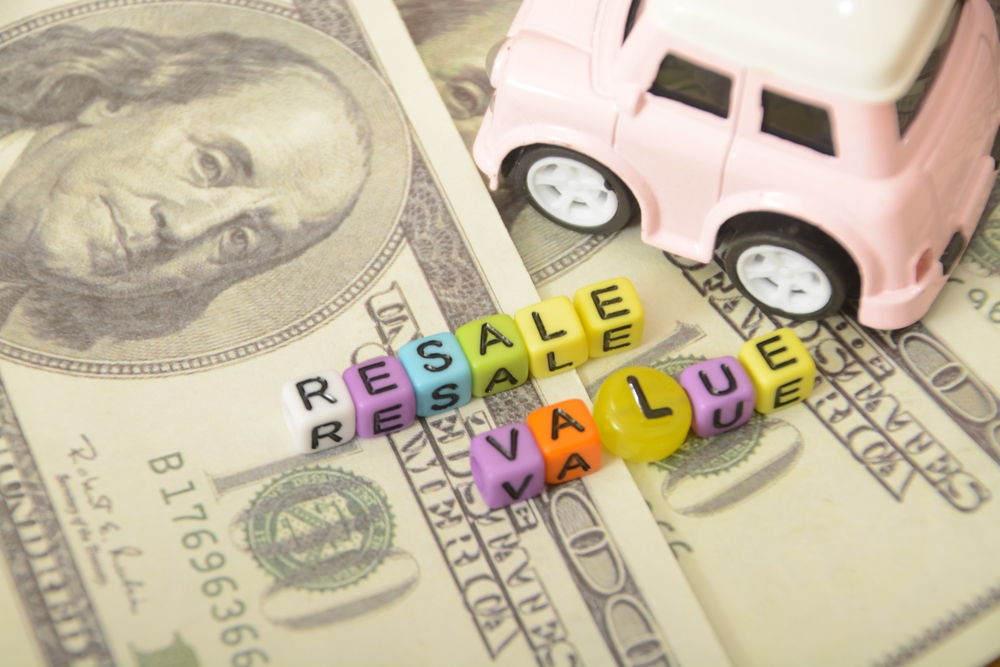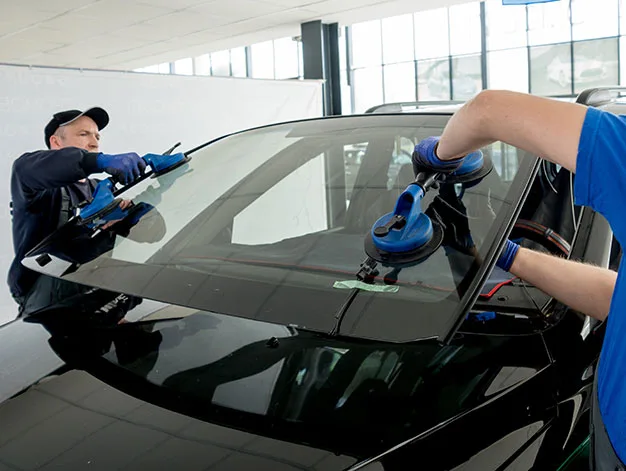The Impact of Auto Glass on Vehicle Resale Value
Scratched or cracked glass lowers your car's value big time. Buyers want:
- Safety: Strong glass is crucial in an accident
- A good-looking car: Clear windows = higher price potential
- Modern features: Tech-like heads-up displays add value
- Low repair risk: Good glass means fewer future costs
Take care of your glass for the best trade-in or resale price!
The condition and quality of auto glass significantly influence a vehicle's resale value. Flawless glass boosts value, while damage decreases it. Safety, looks, and comfort are key. High-quality glass ensures strength and improves visibility. Advanced auto glass technologies, like ADAS integration, increase a vehicle’s appeal. Regular maintenance and using OEM replacement glass are crucial for preserving value.

Why Auto Glass Condition Matters
Auto glass, encompassing the windshield, windows, and sunroofs, is not just a component for visibility and protection; it significantly affects a vehicle's aesthetic, safety, and overall value. Perfect auto glass can greatly boost a vehicle's resale price. But, damaged or low-quality glass can greatly reduce its value.
Safety and Integrity: The Core Concerns
Safety is paramount in the automotive industry. Good auto glass keeps a vehicle safe. It also maintains the car's structure. For example, windshields are critical for airbag deployment. They also help roof integrity in accidents. Buyers are willing to pay more for vehicles that guarantee their safety. They also must meet high structural integrity standards.
Aesthetic Appeal and Perceived Value
The condition of auto glass significantly influences a vehicle's aesthetic appeal. A car with clear, pristine glass looks well-maintained. This boosts its value to buyers. Conversely, scratched or cracked glass can be a deterrent, signaling neglect and potential hidden issues.
Enhanced Visibility and Comfort
Good auto glass is clear and makes seeing and feeling good. Buyers really care about this. Innovations in auto glass add comfort and protection to passengers. They have UV protection and thermal insulation. They make vehicles with these features more desirable in the resale market.
Impact on Insurance and Repair Costs
The state of a vehicle's auto glass can affect insurance premiums and repair costs. Insurance companies may value cars that are damaged glassless. This leads to higher premiums. Also, fixing or replacing good auto glass is expensive. Savvy buyers consider this when judging a vehicle's worth.
Future-proofing with Advanced Auto Glass Technology
Auto-glass technology is advancing. Examples include heads-up displays and integrating advanced driver assistance systems (ADAS). These technologies are becoming more common. Vehicles that have this cutting-edge tech are future-proof. They keep higher resale values than those without it.
Routine Maintenance and Care: Key to Preserving Value
Regular maintenance and prompt repair of auto glass are essential. Simple actions can fix chips before they become cracks. This can keep the glass's strength and look and so keep the vehicle's resale value.
Making the Right Choice: Quality Replacement Glass
In cases where replacement is necessary, opting for high-quality auto glass is vital. Using OEM (Original Equipment Manufacturer) glass or an equivalent is key. It ensures that the vehicle keeps its original safety and looks. This helps it keep its resale value.
Conclusion
The condition and quality of auto glass are pivotal in determining a vehicle’s resale value. Ensuring the integrity, safety, and beauty of the glass enhances the car's value. It also makes it more appealing to buyers. Whether maintaining or preparing a vehicle for resale, you should tend to the auto glass. It is an investment that pays off.
